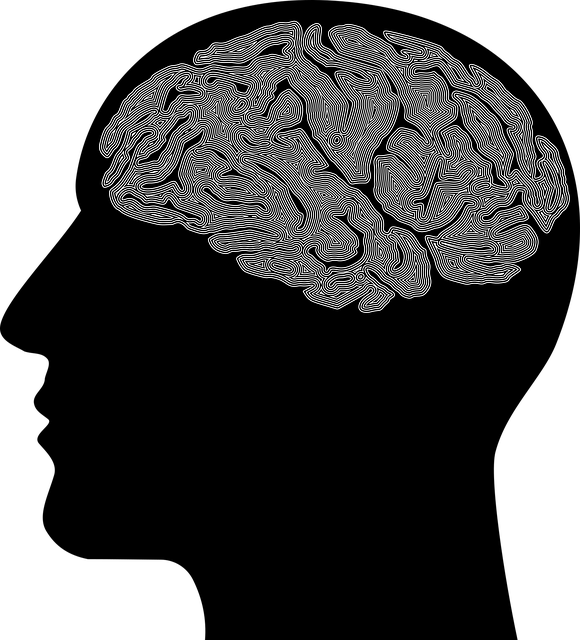Centennial Hebrew Speaking Therapy highlights the critical need for cultural competency among mental health professionals in Hebrew-speaking settings, addressing unique challenges rooted in historical, social, and religious contexts. They offer specialized training and strategies tailored to the specific needs of their diverse client base, focusing on emotional well-being promotion techniques to build trust and improve outcomes. The therapy center emphasizes self-care and resilience for its practitioners, ensuring they can sustain their work while providing effective, compassionate care for years to come.
In the dynamic field of mental health, risk management planning is paramount, especially within diverse communities like those served by Centennial Hebrew-Speaking Therapy. This article navigates the intricate process of crafting robust risk management strategies tailored to Hebrew-speaking therapy settings. We explore key considerations, from comprehending cultural nuances and unique risks to developing comprehensive plans that safeguard both clients and practitioners. By implementing evidence-based strategies, mental health professionals can ensure safe, effective, and culturally sensitive practices.
- Understanding Risk in Hebrew-Speaking Therapy Settings
- Developing a Comprehensive Risk Management Plan
- Implementing Strategies for Safe and Effective Practice
Understanding Risk in Hebrew-Speaking Therapy Settings

In Hebrew-speaking therapy settings, understanding risk involves recognizing cultural nuances that can impact both clients’ willingness to seek help and their expression of emotional distress. Centennial Hebrew Speaking Therapy, for instance, serves a diverse community with unique perspectives on mental health and coping mechanisms. Professionals must be adept at navigating these differences, ensuring services are culturally responsive and inclusive. This requires an in-depth understanding of the community’s historical, social, and religious contexts, which can influence both the presentation of mental health issues and acceptance of therapeutic interventions.
Emotional healing processes within this cultural framework often involve family dynamics, communal support systems, and traditional healing practices that may differ significantly from mainstream Western approaches. Healthcare provider cultural competency training is paramount to effectively managing risks in these settings. By embracing Emotional Well-being Promotion Techniques tailored to the Hebrew-speaking community, therapists can foster trust, encourage open communication, and enhance therapeutic outcomes while mitigating potential challenges arising from cultural disparities.
Developing a Comprehensive Risk Management Plan

At Centennial Hebrew Speaking Therapy, we recognize that mental health professionals face a unique set of challenges and risks in their daily practice. Developing a comprehensive risk management plan is an essential step to ensure their well-being and effective service delivery. This involves a multi-faceted approach tailored to individual needs.
Such a plan should incorporate strategies for stress management and self-care, such as regular mental health education programs designed to enhance resilience and coping mechanisms. Healthcare provider cultural competency training is another critical component, fostering empathy building strategies that promote understanding and effective communication with diverse client populations. By integrating these elements, professionals can mitigate risks, improve patient outcomes, and sustain a healthy work environment.
Implementing Strategies for Safe and Effective Practice

Mental health professionals play a pivotal role in nurturing their own well-being alongside that of their clients. At Centennial Hebrew Speaking Therapy, we understand that building resilience is key to sustainable practice. Implementing strategies for safe and effective therapy requires a multi-faceted approach. This includes prioritizing self-care practices such as setting clear boundaries, engaging in regular supervision, and accessing supportive professional networks.
Additionally, integrating crisis intervention guidance into clinical work empowers professionals to navigate challenging situations with confidence. By fostering inner strength development through these methods, mental health practitioners can better support their clients while safeguarding their own mental health. This holistic approach ensures they remain equipped to offer compassionate, effective care for years to come.
Mental health professionals, especially those working in diverse settings like Centennial Hebrew-speaking therapy centers, must prioritize risk management. By understanding unique cultural risks and developing a robust plan, therapists can ensure safe and effective practice. Implementing strategies that address these risks empowers professionals to foster a supportive environment while mitigating potential challenges, ultimately enhancing client outcomes.














